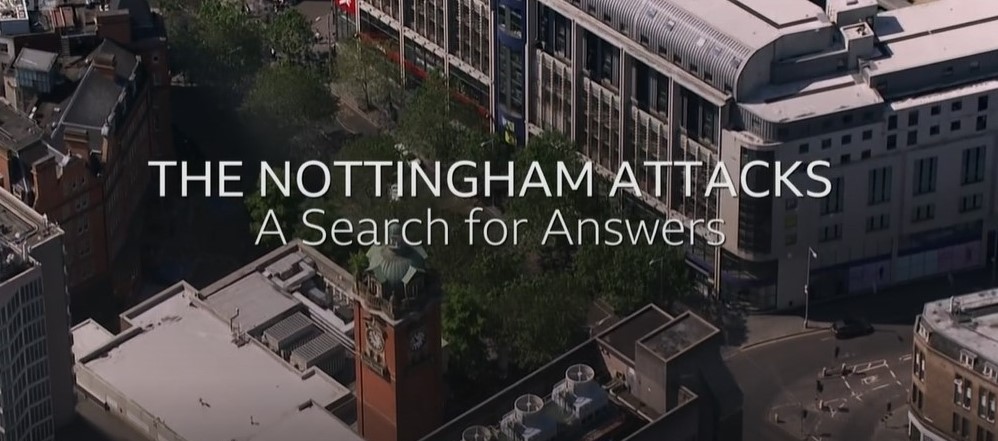By Mark Langabeer – Hastings & Rye Labour Party member
June 2023 witnessed the killing of two students and a caretaker and serious injuries to three others in Nottingham. For the first time, the perpetrator’s family have spoken about the tragedy in public. Valdo Calocane’s brother and mother were interviewed by Nevtej Johan of BBC Panorama about the lack of mental healthcare given by the NHS. The programme can be seen here.
Calocane began to show symptoms of psychosis around four years before the killings. He was later diagnosed with paranoid schizophrenia, where voices in his head drove him towards aggressive behaviour. He was sectioned on four occasions and often refused to take medications for his illness. However, the NHS referred him back to his GP. This was despite the fact that he was described by one psychiatrist as potentially dangerous to himself and others.
The points made by his family have been supported by the Care Quality Commission’s report. The family believes that a public inquiry should be set up to learn the lessons from this tragedy.
Obviously, there was a lot of publicity about the killings, particularly the court’s decision to convict Calocane with manslaughter and possibly to section him for his whole life. The victims’ families felt that he deserved to be convicted for murder and receive a prison sentence. In my opinion, the court’s decision has proven to be correct. The victims’ families have also supported a call for a Public Inquiry and some have described the NHS and the police as having “blood on their hands”.
Underfunded and understaffed
One of the features of the documentary is that mental healthcare is underfunded and understaffed. The College of Psychiatry have urged the Government to commit more funding, in order meet the growing demand. The programme pointed out that the number of beds available for patients has fallen from 23,500 in 2011 to 17,800 in 2023. According to a nurse at a hospital that Calocane attended, staffing levels were often dangerously low. Between 2010 and 2019, the average number of homicides committed by those with mental healthcare problems have been around 60 each year.
In my view, the problems with mental healthcare will not be addressed until sufficient funding is made available. In fact, the growth of mental illness is linked to social deprivation. If everyone was guaranteed a secure job, affordable homes and good public services, the level of mental illness would gradually decline.



